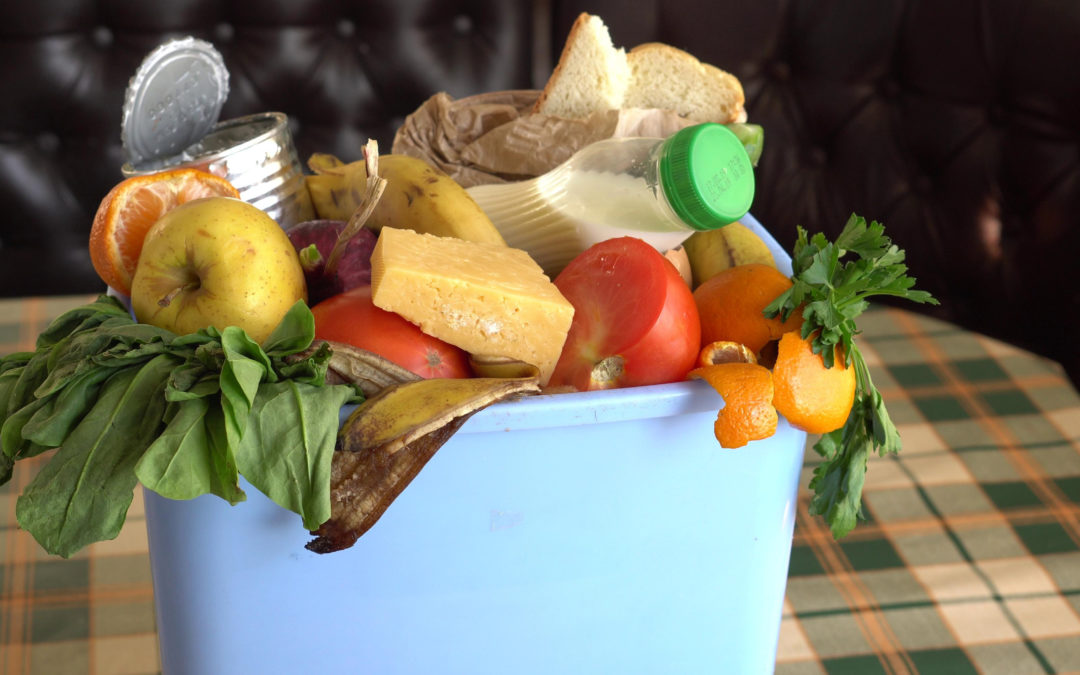 Learning about money is an important part of growing up. Todays society makes it all the more important to teach our kids how to plan and use their money
Learning about money is an important part of growing up. Todays society makes it all the more important to teach our kids how to plan and use their money
Easy accessibility of credit, and a buy now pay later society, make it all the more important for today’s young people to be able to do their own financial planning, and to learn how to do this before they leave home to live independently.
Learning through experimentation is a key part of learning money skills and giving pocket money provides parents with an ideal opportunity to help their children to understand concepts such as credit and debt, saving and spending. It also provides families with some key areas for discussion on family values and their influence on attitudes to money.
Research shows that you as parents have a significant influence on the ways that children think about money. Children need to develop skill in many different areas of money management such as budgeting, saving, managing debt, planning, judging value for money, preparing for life after work and living on a high or low income.
This guide is designed as a tool to promote discussion between you and your child. It concentrates on the practical side of money management and helps to make the link between guidance given at school and family values and experiences.
It is widely recognized that the financial demands placed on parents increase as their children get older. Pocket money is often given in small quantities on a weekly basis. It may be given to cover the cost of small items such as sweets or magazines, rather than being designed to cover more substantial costs e.g. mobile phone top up or clothes.
In contrast, an allowance is normally given on a monthly basis and designed to pay for a number of more substantial items. It may be ‘topped up’ or based on chores around the home. It may be your child’s only income or be supplemented with paid work in or outside of the home. Either way, whether you choose pocket money or an allowance, giving to your teen provides a valuable lesson that can’t be learnt in school. By receiving a regular income and having to engage with various aspects of money management, teens will gain experience of the financial world that will be invaluable in the future.
Negotiating an allowance gives you the opportunity to discuss what the allowance is to be spent on and how much your teen should receive. They may well have their own ideas on this, based on what their friends get, and how much they may already be earning on work outside of the home or by doing household chores. Before you broach the subject of an allowance it is well worth talking with other parents to find out what they do.
It may well be that your child has been receiving an amount of pocket money up until now or it may be that this is the first time that you have thought of giving money to your child and have paid for all of their spending so far. Either way, setting up an allowance agreement is a good starting point and can help to avoid problems and arguments later on.
An allowance teaches teens to:
- Spread money out over the course of a whole month.
- Save to buy the things that they really want; sometimes it is the small everyday items, the chocolate bar and the pack of gum, that can drain your money away.
- Plan for large purchases and watch out for bargains and special offers.
Setting up a bank account for your teenager means you can pay the allowance via standing order. That way it is paid on the same date every month and makes planning and budgeting more straightforward.
Any advances in the allowance need to be dealt with in the same way as a loan with a small amount of interest. This teaches that borrowing costs money.
Balancing allowances with paid income is a good way for your teen to start to note down what their total income is and plan accordingly.
Introducing an allowance is a good opportunity to begin budgeting and using simple templates to predict income and outgoings; to see what’s left over each month and decide what to do with the money. It also introduces the idea of credit, debt and saving, and offers a practical way to discuss this with your teenager.
We live in a society where borrowing and credit are part of money management. Buying on credit is much more accessible than it used to be and many of today’s young people will begin to take on debt much earlier than they would have done in the past (e.g. student loans). According to a survey by Citizens Advice and Youth Access of over 16s, money is one of the main worries for young people today. In fact, Unbiased.co.uk found that 41% of 18-24 year olds are unaware of their current debt burden to within £500.
Early teaching about borrowing helps your teen to understand the advantages and disadvantages of credit and debt, and to avoid problems later on.
Next time your teen sees something that they can’t afford from their monthly allowance, offer them an advance on next month’s allowance. Then let them know that this will have to be repaid by adding a small charge to the repayments (e.g. 10p for each pound borrowed). This is a good way to introduce overdrafts and credit cards and interest rates; the cost of borrowing.
Once you have introduced the concept of borrowing you can then talk through the advantages of saving for an expensive item. How long will it take to save up for the item and what are the advantages of saving as opposed to borrowing? Talking about savings accounts and interest earned on money can be a good opportunity to begin to talk about bank statements and how they show the amount of interest earned. You can also begin to talk about the different options available for saving and where to find out more.
Taking on paid employment outside of the home can provide some invaluable lessons not only in terms of money management, but also as an introduction to qualities and values that are important in the work place e.g. punctuality, finishing the job etc. Starting a first job can be a scary experience and the points below summarize the type and hours of work that a teenager is allowed to do.
What work can you do at 13?
At 13 you can only do what is called ‘light work’ and there are restrictions. These protect teenagers from being asked to work long hours for very little pay.
You can’t work;
- Before 7am and after 7pm.
- During school hours.
- More than 2 hours on a school day and Sundays
- More than 5 hours on a Saturday
- More than 1 hour before school starts.
What work can you do at 14?
You can work:
- Up to 5 hours on a Saturday or any day in the school holidays.
- Up to 2 hours on a Sunday.
- On a market stall IF employed by your parents who must have a licence from the local authority.
And you must have:
- A rest break of 1 hour if you work for more than 4 hours at once.
- 2 week break during the year – and in your holiday time.
At 15 and over until school leaving age you can work:
- Up to 8 hours on a Saturday or any day in the school holidays.
- Up to 2 hours on a Sunday.
And you must have:
- A rest break of 1 hour if you work for more than 4 hours at once.
- A two-week break during the year – and in your holiday time.
What work can’t you do until you are 16?
- Working in the kitchen of a cafe, food outlet, etc..
- Working in a cinema or theatre.
- Working in a nightclub.
- Delivering milk in glass containers.
- Collecting money at people’s houses.
Learning about values and their place in dealing with money is an important part of developing money skills and awareness. The teen years are a period when young people tend to question their own value systems and compare them to those of their friends. So developing a strong individual value system is helpful, both in terms of becoming more resistant to peer pressure as well as cultivating an appreciation of the worth of work, money and other values.
Doing jobs around the home in return for money can be a good way to introduce your teen to the world of work, instilling values such as perseverance, reliability, punctuality ; all useful qualities for work. Once they begin to work outside of the home these values can help them to be good employees and contribute to their self-esteem, forming a positive and pro-active attitude to work. You may expect some jobs around the home to be done without payment ;this too conveys a message to your teens, about the values of communal living.
Doing jobs in the home without being paid are also a good introduction to the idea of skills swaps. Perhaps you want to exchange doing the washing up for a week in return for going out for a treat? Volunteering outside of the home is often introduced through school activities but raising the idea of working for local groups can be a good introduction to charity work and the idea of offering skills to contribute to society. It is a valuable way of teaching your teen, that skills and interests can be nurtured in many ways.








